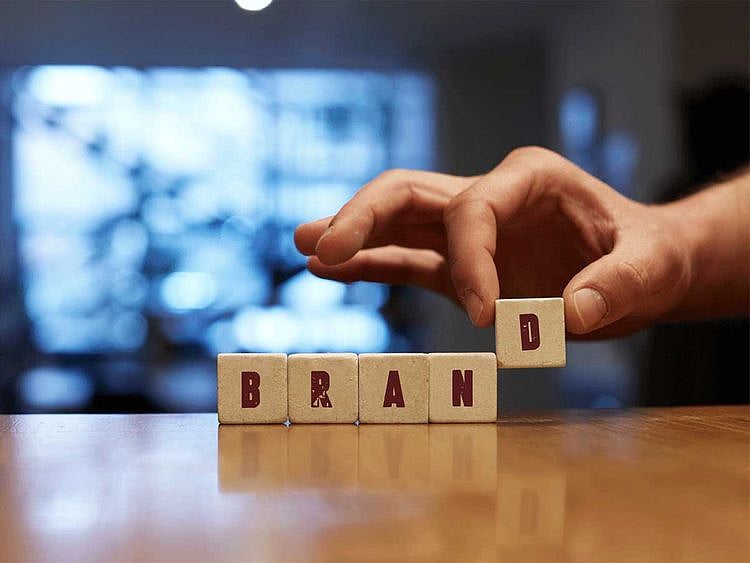Brands must take on board ‘moral capitalism’
Even how they treat their employees come into this new-found consumer consciousness

Also In This Package
Daily grind: Making coffee the old-fashioned way
In changing Saudi, first dog cafe delights pet lovers
COVID-19 kills one of Seoul's oldest nightclubs
Beirut Blasts: Lebanese artists restore Beirut's beauty
‘SNL’ season 46 premiere: Top 5 moments of the night
Madrid flamenco venue reopens amid COVID-19 crisis
Some of you might have heard or read about ‘moral capitalism’. It has been used widely as a passing reference, but never been considered seriously enough by the world of business.
Corporate chiefs are only focused on delivering results every quarter for the stock markets and by maximizing shareholder value. This is changing. The world of business is being pushed towards considering moral capitalism and not just on profits but on people and the planet. It is evident that there is a seismic, never before seen, shift in consumer behavior... and it took a pandemic of unprecedented scale to trigger this.
Also Read
UAE: I waited for six months to join a company, but was fired. What are my rights?COVID-19: ICA or GDRFA approval to return to the UAE - Which one do you need?Set up your UAE business for Dh6,000 per year and get two visasCOVID-19: The guidelines you need to follow for desert safari, camping in Abu DhabiAllegiances at stake
Consumers are switching brands like never before. There is more research happening before they decide on a brand. They are reading the labels. Brand loyalty is shifting from a brand to a set of brands.
Consumers are expecting more transparency from brands and businesses. Health and hygiene are taking precedence and consumers are keen to know how brands are managing that end-to-end. They expect brand owners to demonstrate a sense of social responsibility.
Just delivering quality products at optimum price is not enough. Value will flow into brands that can effectively demonstrate their sincerity towards societal well-being.
Beyond stereotypes
New consumer behavior archetypes are emerging. This is both an opportunity - and threat - for brand marketers. The existing loyal consumer has a new mindset and value perceptions. This needs to be understood... and addressed.
On the other hand, the changing consumer values and behavior open up opportunity to reach out to new ones now aligned to the brand’s offerings. There will be winners - and losers.
Let consumers know
The cry for carbon footprint labelling is growing louder. Recently Unilever introduced carbon labels on 70,000 products. It will show the quantity of greenhouse gases emitted during the manufacturing and shipping of the product.
L’Oréal has pledged to roll out carbon footprint and social impact labelling on their products soon. This movement is bound to gain speed.
In addition to brand image and perceptions, how a brand treats its employees has an impact on purchase decisions. It will be an even more significant factor. Committing to and communicating 360-degree care towards customers, employees and society is not an option.
It is a must for value creation going forward. Faltering on any of these will lead to value erosion quickly. It’s imperative that brand owners and marketers go back to the drawing board and revisit brand values and purpose. Does it fit in with the new consumer mindset and expectations?
Keep listening and observing your consumer. Brand communication nuances are getting more delicate. Be transparent, brutally honest and make only those pledges that you can deliver on. Demonstrate genuine empathy. Consumer engagement needs to be always on.
“Get closer than ever to your customers. So close that you tell them what they need well before they realize it themselves.” said Steve Jobs, and this later became a mission statement for Apple.
This great value shift is not a passing phase. Gen Zs form almost a third of the world population will grow up with these consumer value systems. This will help them to be responsible future business leaders and drivers of moral capitalism.
The great value shift is happening now; it’s for real and for the better.
- Mahesh Sundresan is CEO of Algocomm.
Sign up for the Daily Briefing
Get the latest news and updates straight to your inbox
Network Links
GN StoreDownload our app
© Al Nisr Publishing LLC 2026. All rights reserved.